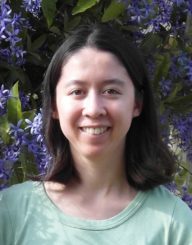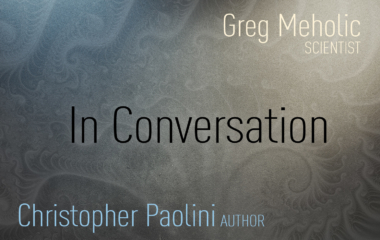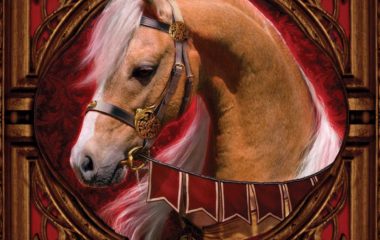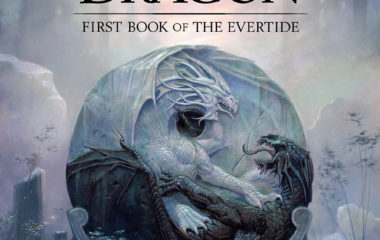In my college fiction workshop, I was known as the one who always wrote stories about music. Until this was pointed out to me, I had never really thought about it, but it was true. From the homeless cellist in Paris to the concert pianist and his estranged twin sister, most of my characters were musicians, and most of my stories involved music in some way.
The omnipresence of music in my writing isn’t surprising given that music has been a huge part of my life. I started cello lessons in second grade and played in orchestras from fifth grade through my sophomore year of college. My high school journals are chockfull of references to rehearsals and auditions, concerts and competitions, chamber music and summer orchestra camp. I wasn’t super serious, but I was pretty involved.
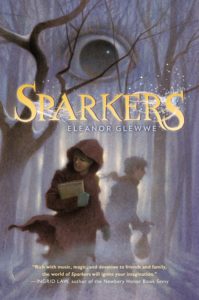 I was also writing, though much less publicly. I finished the first draft of the book that would become Sparkers in tenth grade, but almost no one knew about it. I even wrote my Common Application essay on the experience of writing the novel, and I didn’t show that essay to anyone except faceless college admissions committees.
I was also writing, though much less publicly. I finished the first draft of the book that would become Sparkers in tenth grade, but almost no one knew about it. I even wrote my Common Application essay on the experience of writing the novel, and I didn’t show that essay to anyone except faceless college admissions committees.
As I neared the end of high school, my cello teacher of nine years made it clear she wanted me to consider going to music school. I had no intention of doing so; I knew it wasn’t the life for me. As far as being a professional artist went, I wanted to be a writer, not a musician. I chose my path based on where I believed my strengths did and didn’t lie, and though I guess I can never know for sure, I think I made the right choice.
The summer before my senior year of high school, I went to All-State Orchestra camp. Upon arrival, we had chair placement auditions, and to my astonishment and initial consternation, I was chosen as principal cellist. I later found out that the cello coach had picked me because I played “accurately.” Okay, so I had nothing to complain about, I’d gotten first chair, but it did sound a bit like damning with faint praise. And it seemed to confirm something I thought about myself, namely, that I was not very good at expressing emotion in my cello playing. It was part of why I didn’t think I could make it as a professional musician.
Music is an online art form: the musician performs live for an audience. Novel writing is an offline art form: the author writes the book alone for readers who will read it later and whom she may never meet. (I’m talking canonically here, since of course music can be recorded and novels can be read aloud.) As my character Marah’s music teacher tells her, expressing something deeply felt requires a certain amount of vulnerability, and honestly I’m better at being vulnerable offline than online. This is the reason I’m a writer and not a professional cellist. (Well, one of the reasons.) I gave Marah the gift I don’t have: the ability to pour her soul into a performance. And even though I didn’t go to music school, music is so much a part of who I am that I can’t seem to stop writing about it.
* Want more inspiration? Check out our collection of guest articles and interviews here!

